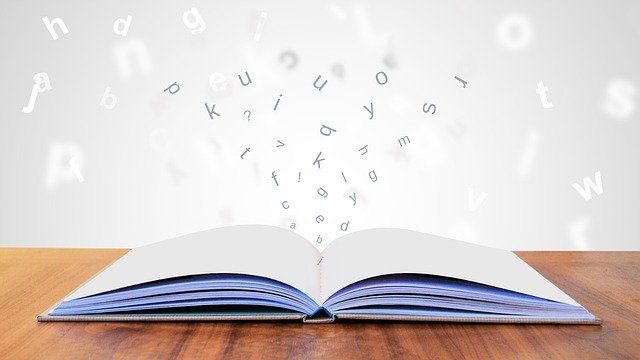Self-evaluation means assessing your performance and analyzing your strengths and weaknesses. Students can gauge their academic and extracurricular performance through this method. It helps them hone the learning skills needed for professional competence. Self-evaluation is as crucial as other forms of assessment.
Key benefits of self-evaluation for the growth and development of students
The benefits of self-assessment are:
1- Students can develop metacognitive skills by practicing self-evaluation. Moreover, it also prepares them for the professional world. As all professionals need to evaluate their work, embedding this practice in students will help them in the long run. They become aware of their skills and knowledge.
2- Self-evaluation practices enhance self-awareness in students. Moreover, students take the onus of their work. They also understand the importance of continuous learning.
3- It enhances critical reviewing skills. Students measure their performance and understand the areas that need improvement. As a result, they work on self-development. When self-assessment is combined with peer evaluation, students are more likely to understand the importance of constructive feedback.
4- Self-evaluation helps students take control of their learning and assessment. As a result, they may perform better and remain engaged during the learning process.
Self-assessment is crucial for the development of a students’ perspective and performance. As students analyze their abilities, they understand the importance of overall growth and development.
How to introduce students to self-evaluation skills?
Educators can use the following techniques to introduce learners to self-evaluation skills:
- Structured formative learning like online quizzes can make students learn self-assessment. Students can evaluate their performance and rank themselves immediately by using online quizzes. These quizzes give immediate feedback.
- Summative assessment helps students grade their performance.
Self-evaluation makes students independent as a learner. They can learn to self-assess their work and personality by:
- Seeing great work in their selected field or areas of interest
- Practicing peer critique
- Learning vocabulary specific to their work
Self-evaluation develops the problem-solving skills of students. Moreover, they learn to trust their inner voice. However, introducing self-assessment as a part of the evaluation process can raise challenges and dilemmas.
Challenges of self-assessment
Some challenges that may raise include:
- There may be discrepancies in students’ self-assessment reports and the assessment reports of peers and teachers.
- Students may resist self-evaluation because of low confidence. They may not know how to proceed with this evaluation technique.
- Students may rank or grade themselves higher in self-evaluation. Moreover, low-performing and less experienced students can overestimate their achievements.
Students can overcome the challenges mentioned above by taking guidance from their teachers. Therefore, educators must resolve student queries regarding self-evaluation.
How to design self-assessment?
Educators can consider the following factors while designing a self-assessment plan for students.
- What is the experience of students in handling self-assessment? Are they new to this concept and require guidance to become capable self-assessors? Have the students performed similar assessments in the past?
- How to introduce students to self-evaluation practices? Do educators need to conduct a workshop before including self-assessment in the evaluation process? Do they need to provide more attention and support to low-performing students?
- Who should develop the assessment criteria? Should educators involve students in developing assessment strategies? Would students’ involvement in developing assessment criteria encourage their autonomy and management skills?
- How can educators support their students to develop their self-evaluation skills?
- What processes should be used to moderate the grades in student self-assessment? Will comparing students’ self-assessment results with peer assessment help?
Self-evaluation can encourage the learning abilities of students. Moreover, it may motivate them to become a better version of themselves. It also enhances other crucial skills such as critical thinking and analysis skills. These skills are crucial for thriving in the corporate world. Students who assess their performance learn and improve their cognitive skills simultaneously. Thus educational institutions must include self-evaluation in their grading process.
Teachmint is the leading ed-infra provider helping educational institutions improve their efficiency. With our offerings like LMS, attendance management, fee management system, and more, institutes can boost their productivity multifold.






